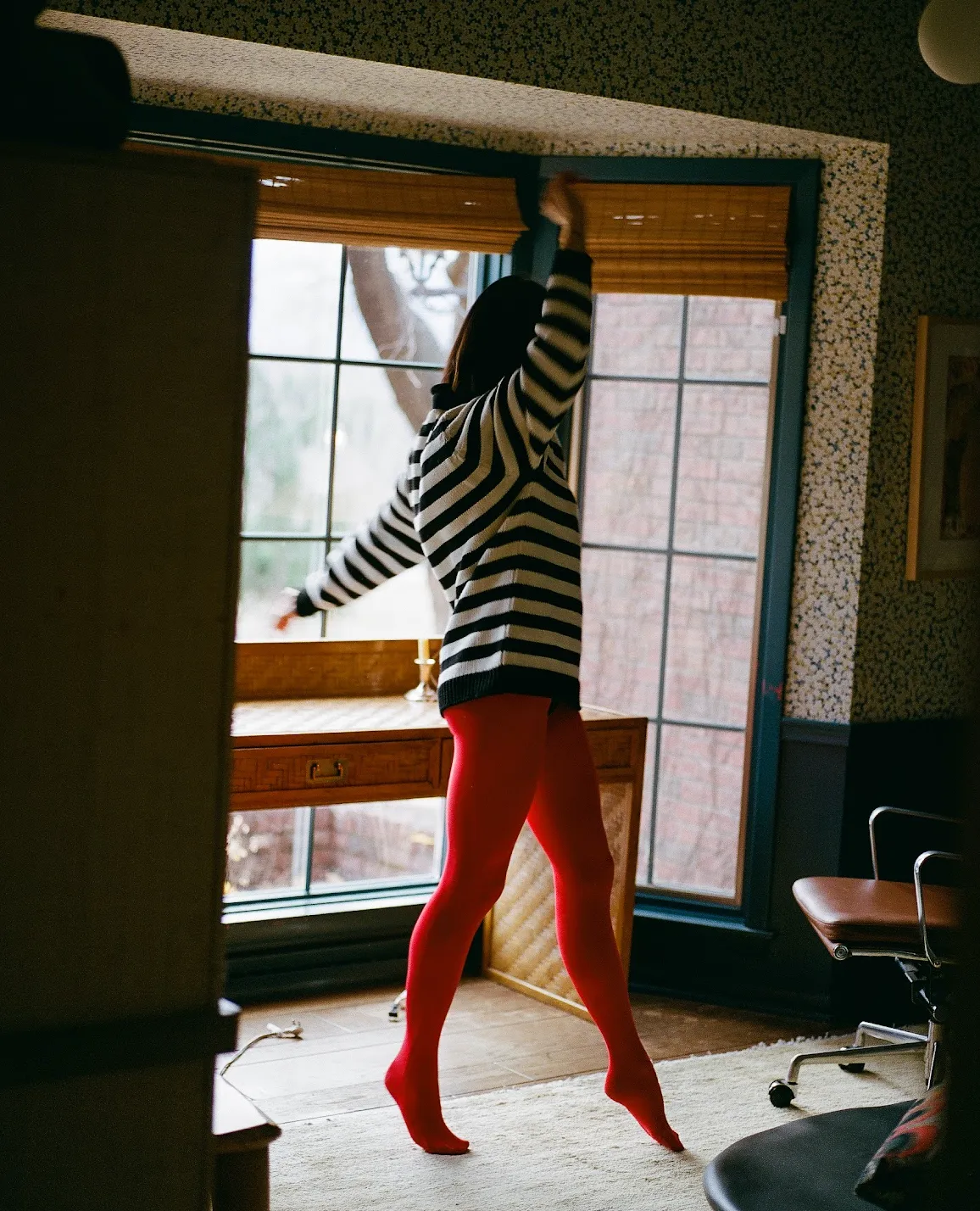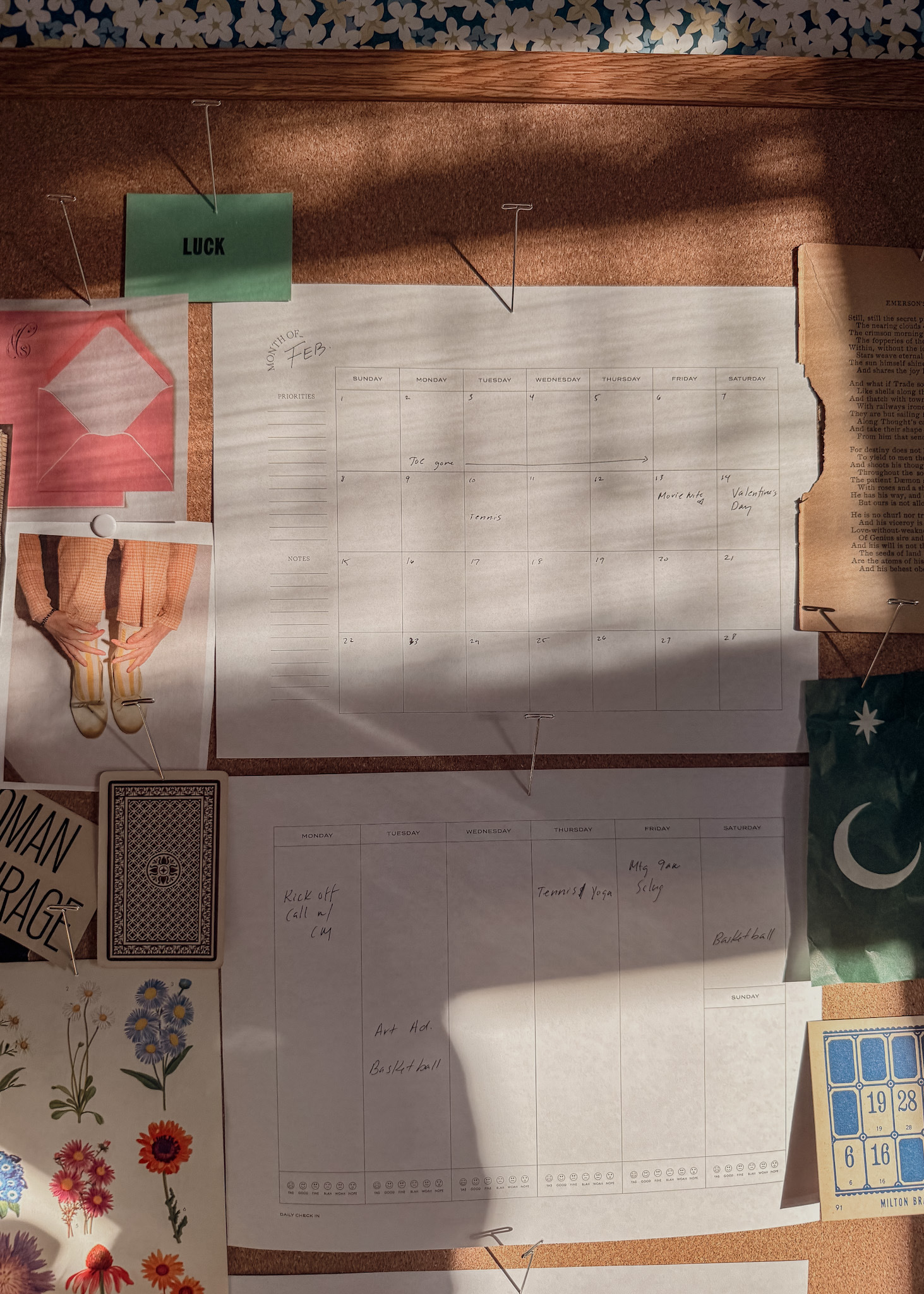

“Men literally have no idea how to even legitimately recognize or name our anger, largely because we don’t either. This is new territory for everybody. Women’s rage has been so sublimated for so long that there’s simply no frame for what happens when it finally comes to the surface.” – Sara Robinson
We can’t let anger hurt us anymore.
I cry when I’m angry. I noticed this only recently, because I’ve always associated tears with sadness. Sadness has always been the “easier” reason for my feelings. Sadness is sincere. Sadness is the more appropriate, streamlined emotion. In a way, crying for sorrow means I can hold my own anguish within me, instead of making someone else deal with my pain.
Leslie Jamison wrote about crying and anger in a New York Times article called, I Used to Insist I Didn’t Get Angry. Not Anymore. She withheld a sense of pride when she was “sad” rather than “angry”, writing: “Women are more likely to cry when they get angry, as if their bodies are forcibly returning them to the appearance of the emotion—sadness—with which they are most commonly associated.”
I relate with Jamison because I’ve always believed I’ve been a “sad” person. Not an “angry” person. In conversation with others, I will insist this to be true. As a writer, I’ve grown to love incredibly sad, melancholy women. Sylvia Plath, Charlotte Bronte, May Sarton, Patti Smith, Virginia Woolf. But what I’ve mistaken for so long is their rage. I’ve mistaken their words of flaming torment for desperate sorrow. I feel bad about that. These writers wrote through their pain. While sadness seeped through, a frenzied temper fueled the hurt. “I am no bird; and no net ensnares me: I am a free human being with an independent will,” Charlotte Bronte wrote in Jane Eyre.
As a writer, I’ve grown to love incredibly sad, melancholy women. Sylvia Plath, Charlotte Bronte, May Sarton, Patti Smith, Virginia Woolf. But what I’ve mistaken for so long is their rage. I’ve mistaken their words of flaming torment for desperate sorrow. I feel bad about that. These writers wrote through their pain. While sadness seeped through, a frenzied temper fueled the hurt.
Sad women are regal and beautiful. But mad women are destructive. Because of this, women fear resentment will silence them. And yet, what we’re missing is this. A woman’s pain spreads faster than her sadness. Fury burns down more trees and forest. We have always carried the world on the exquisite, sad woman. But why? In contrast, angry women take up more space. More oxygen. The trees regrow their leaves. She makes a better world.
Women’s anger and rage has spanned history, race, politics, culture, and religion for centuries. Books are dedicated to female anger and politics alone. I can’t possibly cover the depth of history in one snackable piece of internet real estate. However, we must continue to give each other the validation to keep things moving and understand one another. I was inspired to write this article because we need unity in our rage. Also, I saw this Instagram post by Jessica Walsh. She writes, “If someone screws you, you don’t have to forgive and forget, it’s okay to be really fucking angry as part of the healing process.” I’m a very forgiving person, so this struck me. While tenderness is important, so is anger. We don’t need to always be soft.
Every moment we recognize women’s conflict together is transformative. As women, we have learned to veil things. But suppressing emotions and forcing forgiveness creates anxiety. It’s healthy to feel what we feel. I wanted to write this article because I needed to understand how my anger is often mistaken for sorrow. And I wanted to write about how it’s okay for women to scream and say “I don’t fucking care if you like it.” Amy Poehler said this to a male colleague after he told her that her jokes weren’t cute. I don’t know about you but if Amy Poehler is doing it, so am I.
Most of all, I want to write about the reason we debate what it means to be angry and why getting mad is confusing, humiliating, and difficult for women to own.
Let me start with this. During a recent argument, I burst into tears. I felt the sadness rush in, but with it, a fit of frustration. I wanted to punch a wall. Why wasn’t this person listening to me? Why didn’t they hear what I had to say? I walked away from the argument and squeezed my fists and clenched my teeth so hard, I shook. More tears came. I wanted to scream at the top of my lungs but I feared if I did, no one would ever listen to me again. For women, a lack of credibility lives next door to a bad temper—and I would rather internalize the rage than lose being taken seriously.
Lately, I have been the closest to my anger as I’ve ever been. I’ve been angry in my professional life, at politics, about the gruesome unfairness of the world. I have felt rage toward myself and the pressure to make money and grow a family. In a lack of trending support, society has stifled this anger. It’s too much. A woman’s anger is overdramatic and crazy and unattractive and brash and shrill. And in my attempt to be thoughtful about the rage I can feel, whether I cover it through self-deprecating humor or brash sadness, I constantly feel like a stuffed exhaust pipe.
I walked away from the argument and squeezed my fists and clenched my teeth so hard, I shook. More tears came. I wanted to scream at the top of my lungs but I feared if I did, no one would ever listen to me again. For women, a lack of credibility lives next door to a bad temper—and I would rather internalize the rage than lose being taken seriously.
In Rebecca Traister’s book, Good and Mad, The Revolutionary Power of Women’s Anger, she writes, “There is persistent conviction that to be angry is bad for women. In early 2018, my dentist estimated to me that three-quarters of women who’d come to see him since Trump’s election were livid, information I quickly understood as a hopeful sign. But he shook his head sadly. ‘It’s bad for them,’ he said. ‘They grind their teeth.’”
Even as I write this, I’m thirsty for the permission to be mad. Crazy mad. Pulling my hair pissed off. Frustration begins and ends with equal pay, better health care and maternity leave policies, abortion laws, and the lackluster and sexist business plans behind the minds of older, rich white men. All of these things make me want to scream into a well. And yet, if I do (Writer’s Note: I’m even nervous writing this here!), someone will just look at me and say, “Woah, crazy!! Anger isn’t going to get you anywhere.”
But the thing is, it does. Writer and civil rights activist, Alicia Garza, says it best, “We are told all the time that our anger is disruptive, that it’s a distraction, that it is not helpful, and that in fact it is divisive and moving us backwards. Yet nobody ever seems to question: why are you so fucking mad?”
The kick is, if you ask a woman if she’s angry, she will likely say “no.” Women are careful to be helpful and nonintrusive. Instead of discussing in depth about why everyone is so pissed off, women feel more comfortable talking about self-care or the latest products or recipes that have helped them get by. Men on the other hand? Those dudes will just come right the hell out with displeasure.
I see this happen all the time in my relationship. My fiance has no problem feeling pissed off about something. He’ll tell me in one simple sentence why he’s mad. When I’m the one that’s pissed off, I end up crying to diffuse the situation rather than risk seeming like a nuisance, or that it’s anyone’s fault but my own. Traister writes, “Maybe we cry when we’re furious in part because we feel a kind of grief at all the things we want to say or yell that we know we can’t. Maybe we’re just sad about the very same things that we’re angry about.”
In a study described in the New York Times article, “Two Women Say Donald Trump Touched Them Inappropriately,” psychology professor Lisa Feldman Barrett showed people photographs of men and women making facial expressions. They found that their subjects were more likely to assume that the woman’s emotions came from something internal, while the males were coming from something external. As Feldman Barrett put it, “She’s a bitch, but he’s just having a bad day.”
Because of this, we saw women stifling emotions and buffing perfection in the 2016 election, in Michelle Obama’s constant battle as the “angry black woman,” the Christine Blasey Ford hearing against Brett Kavanaugh, and more. Women must dress up their anger, or they risk great defeat in success. It is so much more peaceful to not get mad.
Another subject I could go on about in an entirely separate essay is the woman’s use of profanity. I love profanity. But, even embarrassingly, I have winced if a woman swears outright in an office space setting. But why not? Men do. They’ve been towering over a pile of “fuck-its” since the beginning of time.
My anger is not at odds with my feminine touch. I don’t need to cool the rage like putting a cold cloth to the flu. Rage is not a sickness.
Psychology professor Richard Stephens reported on a study he’d done in a New York Times article called “The Case for Cursing”, where he asked subjects to submerge their hands in ice water and repeat a word that was either a profanity or a neutral term. The person who swore during the experience could keep their hands submerged for fifty percent longer than those who didn’t swear. Cursing, the Times summarized, could “offer catharsis …[and] might help you tolerate pain better.” Cursing, it turns out, could help us directly deal with stress. Timothy Jay told the Times, “Profanity helps us express our emotions, especially anger and frustration towards others symbolically, rather than physically or violently.” So, you know what I say? Swear words are the new charcoal face mask. Let them fly.
When foul words come from women, they come with displeasure. For men, swearing gives off a sense of coolness; they’re just “one of the guys” and quite humorous. Which isn’t fair one-fucking-bit.
The deep urge women carry to cuss and let their fury run wild has been a desire for the ages. Fury has lived recklessly in the pits of our stomachs and on the tips of our tongues. Of course, we always risk turning rage into a negative consequence, but when we recognize our anger as a palpable, rational, and moving communication tool, we can benefit.
What I love most about anger is its versatility. The same sweet me, the one who has lived a long life solo, and then engaged, and in love; the one who’s been unemployed and laid off and given promotions and accolades and the one who’s written books and received rejection letters: She is also very angry. My anger is not at odds with my feminine touch. I don’t need to cool the rage like putting a cold cloth to the flu. Rage is not a sickness.
I love the line by activist and dedicated member of Hillary Clinton’s campaign staff, Amanda Litman. She wrote an essay on the 2016 election after Trump won. She wrote, “My anger is my cup of coffee in the morning. It gets me out of bed and keeps me focused. . . . Every memo I write, . . . each conversation I have, is guided by strategy but fueled by the fury I feel at my country.”
We can change how the system penalizes women for expressing emotional heat by how we discuss it. We can write about it. We can drink it during breakfast every morning. We can pay acute attention to how anger makes us feel. We can do our best to not shy away from other women’s anger. Instead of lifting our emotions off the burner to avoid spillover, we can keep them boiling hot. Because eventually, the steam will touch everyone. A mess is important. A mess is the first indication that change needs to happen. Discontentment comes close after. So long as we don’t sweep these moments under the rug, change will come.
Instead of lifting our emotions off the burner to avoid spillover, we can keep them boiling hot. Because eventually the steam will touch everyone. A mess is important. A mess is the first indication that change needs to happen.
I’m going to keep working on identifying my anger. I’m going to find it in my sorrow, my tears, within a random fit of frustration. I’m going to tell people when I’m mad. I’m going to ask women more questions when they are mad. We have to. We must.
We can’t let anger hurt us anymore. So instead, we must pour it into our coffees like cream and let it fuel us.
One of the most helpful quotes I have ever read about anger and sorrow is one by Thy Nora Ephron herself, “I was greatly helped by a woman who was an executive someplace, who said she cried when she got angry, but also developed a technique which meant that when she got angry and started to cry, she’d say to the person she was talking to, ‘You may think I’m sad because I am crying. No. I am angry.’ And then she just kept going. And I thought that was brilliant.”


Brittany Chaffee is an avid storyteller, professional empath, and author. On the daily, she gets paid to strategize and create content for brands. Off work hours, it’s all about a well-lit place, warm bread, and good company. She lives in St.Paul with her baby brother cats, Rami and Monkey. Follow her on Instagram, read more about her latest book, Borderline, and (most importantly) go hug your mother.
BY Brittany Chaffee - December 9, 2019
Most-read posts:
Did you know W&D now has a resource library of Printable Art, Templates, Freebies, and more?
take me there
Get Our Best W&D Resources
for designing a life well-lived




Thank you for being here. For being open to enjoying life’s simple pleasures and looking inward to understand yourself, your neighbors, and your fellow humans! I’m looking forward to chatting with you.
Hi, I'm Kate. Welcome to my happy place.


















This was an exquisite article I honestly really enjoyed it!
Brilliant. Love this so much. Here’s to continually taking strides towards equal pay, experiences and expression.
Thank you so, so much, Barbara! Appreciate you reading and commenting 🙂
Jules,
Thank you thank you thank you thank you. Here’s to getting angry and being sad and happy and feeling everything all at once 🙂
My husband often asks me, “why are you so angry all of the time?” And I always reply with “WHERE WOULD YOU LIKE ME TO BEGIN?”
Cheers to being angry and open about it.
A quote from Claire Messud’s book, The Woman Upstairs (about rage):
“Don’t all women feel the same? The only difference is how much we know we feel it, how in touch we are with our fury. ”
Anger is powerful when projected outward; it’s called depression when it turns in. We all need to get REAL COMFORTABLE expressing anger or else be swallowed whole.
Jess,
Celebrating anger is a thing, right? Of course I hope women feel less of it soon, but it feels good to be okay with getting a little mad 🙂
Thank you for reading!
Suzannah,
SUCH A BEAUTIFUL QUOTE. I read what you wrote three times over. Beautiful and true.
xoxo
Another wonderful read, Brittany!
Thank you so so so much, Rachel! Your kind words made my day 🙂
LOVE this. I’ve lived 27 years of not being angry because I’ve never felt like I was “allowed” to be angry…. Just a people pleasing peace-maker. I’ve been going to therapy and my SO continually comments on how I seem “worse”. When I finally asked why, he said it’s because I’m so much more angry than I used to be. Like, fuck yes, I am angry, I think I always have been, I just didn’t let myself. It’s a very uncomfortable emotion for me and many women… But I’m tired of being passive, quiet, and doing nothing to improve it.… Read more »
Odessa,
YES YES YES TO ALL OF THIS. There are proven health benefits to allowing ourselves to be angry, to swear, to (not) stifle everything we are feeling at once. Highly/highly recommend reading “Good and Mad” by Rebecca Traister. It was a huge eye opener for me and I can’t believe I’ve mistaken my sorrow with anger for so long. Hope things feel better soon! And HERE’S TO BEING PISSED THE EFF OFF 🙂
I’m so fucking mad!!!!!
P F
WE ALL ARE!!!
This was one of my favorite essays by you. I have feared my temper all my life, warning people that I have a bad temper, and worried about going off ,and being shrill and undignified. Now I want to embrace my anger as part of being whole and really being myself. It’s a work in progress. I feel in good company with you and the other commenters. Thank you to Susannah especially!
Marguerita,
Oh my goodness, thank you so much. During the holidays, temper seems even more like a taboo for women because we’re expected to keep the peace. You are in good company! Anger can be a good thing 🙂
All the love,
B